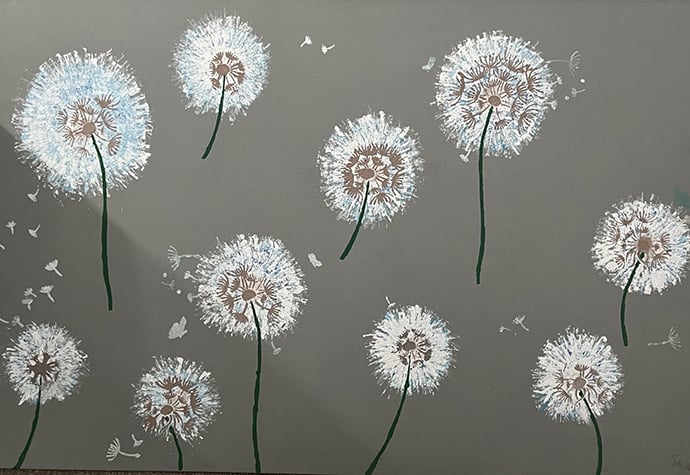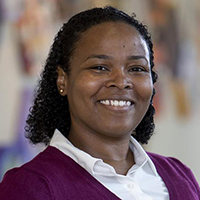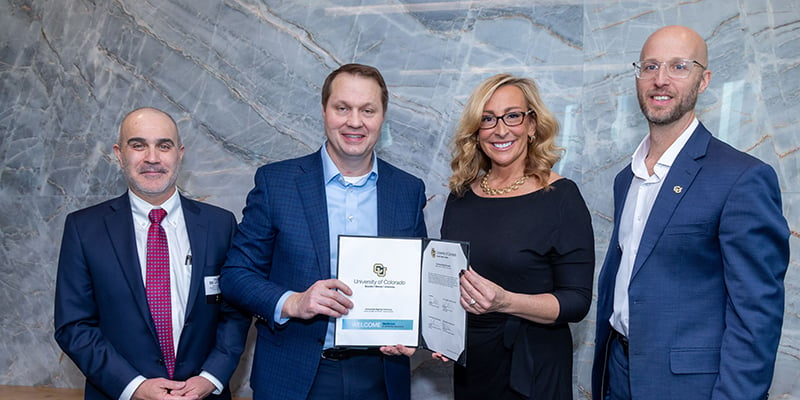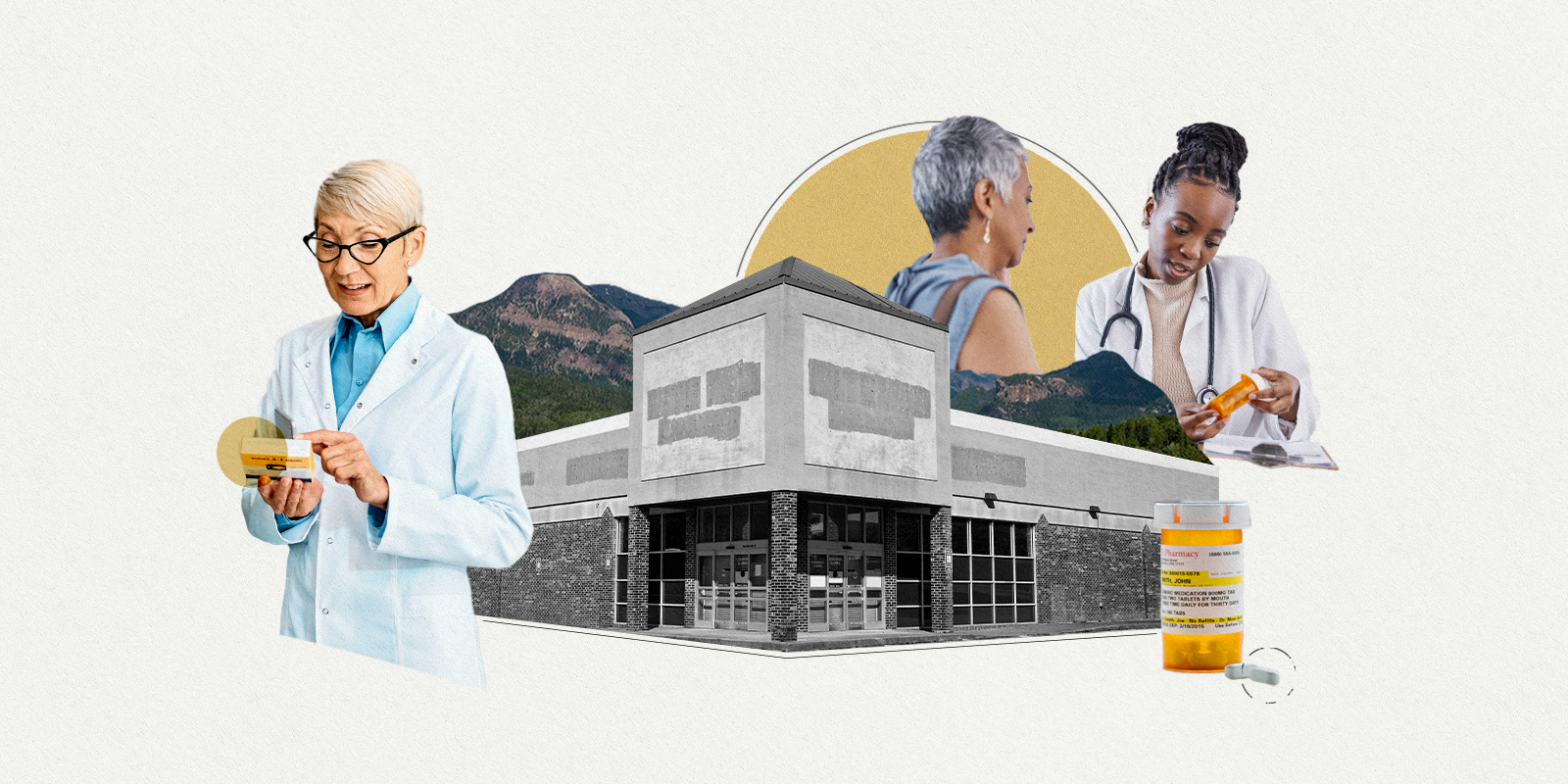“It takes a village to raise a child.”
Shaleah Dardar, MD, an assistant professor in child and adolescent psychiatry at the University Colorado School of Medicine who practices at Children’s Hospital Colorado, would agree with this proverb. She might even add that it takes a village to support a mother and to do the work that she does. Dardar wears many personal and professional hats – mother, doctor, social worker, researcher, teacher – and across these roles, the importance of a having a strong community is a unifying theme.
Throughout her education and training, Dardar would ask herself: “Where do I feel like I can make a difference?” She saw a dire need for more early healthcare interventions for Black mothers and their “kiddos” – as she affectionately refers to them – to change the trajectory of racial disparities in maternal and infant morbidity and mortality among African Americans.
Dardar graduated with a bachelor of science degree from Xavier University, one of the six Historically Black Colleges and Universities in her home state of Louisiana. She went on to receive her MD and MSW (master of social work) degree from Tulane University before joining the University of Colorado in 2015, where she started as a fellow in the Irving Harris Program in Child Development and Infant Mental Health.
Creating a safe place for Black mothers
At the University of Colorado, Dardar co-facilitates the Black Mamas Circle, a free weekly peer-to-peer mental health support group for pregnant and postpartum African American and Black-identifying women. The Black Mamas Circle grew out of a need to overcome the impact of social isolation on mental health, which was amplified during the COVID-19 pandemic and further exacerbated for Black mothers navigating a healthcare environment enmeshed with systemic racism.
|
|
“The sense of community and social connectedness is really important for the participants,” Dardar said. “African American moms may not seek out or get access to mental healthcare or may not feel safe talking about some of the topics that come up and may affect them in their everyday life. And we often hear that they feel like this is a safe and trusted place for them to be able to speak freely.”
In this safe place, Black mothers accompany their peers along their pregnancy and postpartum journeys, support each other’s mental health through sharing stories and resources, and ultimately foster a deep sense of community. This grassroots approach to psychiatry helps address health disparities from the ground up.
“I don’t do this alone”
The Black Mamas Circle team includes Care Coordinator Christina “Chrissy” Pittman and Peer Mentor Mom Kalisha Frazier. Dardar emphasized, “I would not be able to do this without the team. They are the most important part, including the moms, even more important than me to the work that needs to be done.”
Despite her village, Dardar is one of the only African American psychiatrists in the area. Addressing racial health disparities requires more Black and African American providers so that patients can receive race concordant mental healthcare, Dardar said. “There’s just not enough of us.” And funding is always in short supply.
In her private life, Dardar finds support, inspiration, and restoration with books, paints and her own family. In support of her work, she voraciously reads books such as “My Grandmother’s Hands” by Resmaa Menakem, about embodied racial trauma, and “You Are Your Best Thing” by Tarana Burke and Brené Brown, about Black vulnerability and resilience. Dardar also loves painting pictures of nature and relishing in peaceful moments with her daughter.
Changing the healthcare status quo
Dardar’s daughter is now 7 years old. When she first became a mom, her professional work on racial disparities in maternal and infant morbidity and mortality became personal.
“Being a Black woman who was pregnant put me at risk and there was nothing I could do to change that,” she said. “It was just luck that got me to the other side of my pregnancy to have my baby. And then to be scared the first year of my baby’s life, knowing that no matter what I give my baby, it was still going to be luck that got my baby through that first year of life.”
Dardar wants to ensure that it is not just luck that gets Black mothers and their children through. Her humanist approach to mental health, with its emphasis on building networks of community, social support and race-concordant care, is changing the healthcare status quo, one connection at a time.
To find more information about the Black Mamas Circle, please visit: https://www.childrenscolorado.org/healthyexpectations
Funders interested in supporting the Black Mamas Circle should reach out to: shaleah.dardar@cuanschutz.edu
Guest contributors: Chloe Page, PhD, and Korrina Duffy, PhD
Photo at top: From left, Christina Pittman, Shaleah Dardar and Kalisha Frazier.





